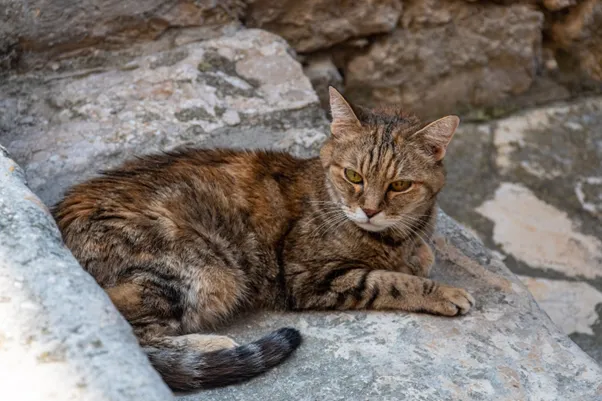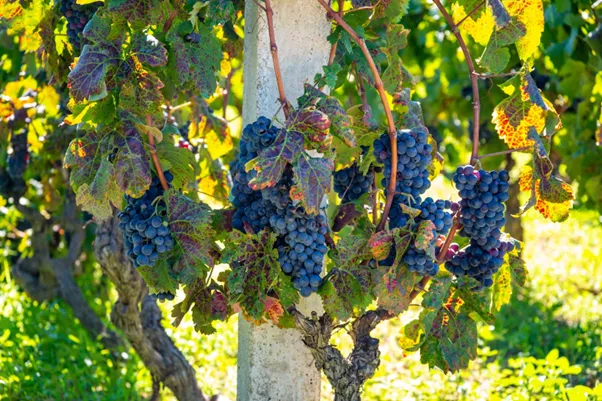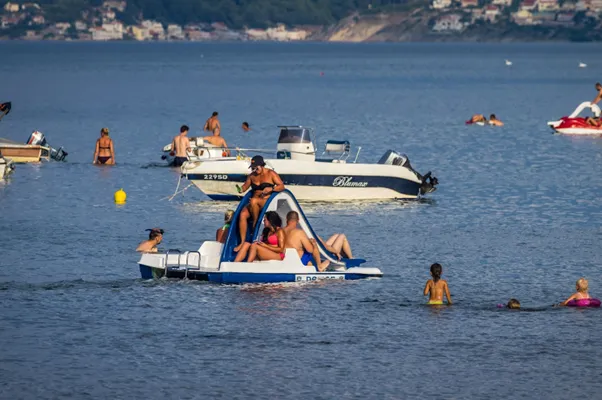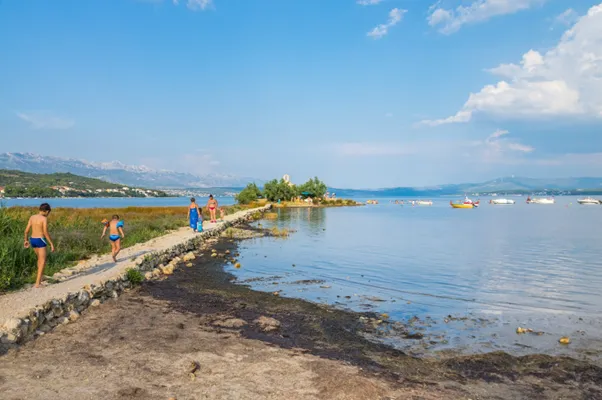The Croatian language is notorious for being a difficult one to learn.
But, is this true?
It depends on who’s learning. For English speakers, it usually takes 11,000 hours to learn Croatian.
That’s not all. If you visited different parts of Croatia, it wouldn’t take long until you discovered that each region had its own unique words and phrases.
Specific slang describes things that are important for locals in the area and sometimes even sums up an entire philosophy of the region.
Today, we take you to Dalmatia. We’ve selected 15 words you should know if you plan to visit the Novigrad Sea.
If you’re travelling to Dalmatia and don’t have 11,000 hours to learn Croatian, start here, with this vocabulary list.
Pomalo
Pomalo, or take it easy, is one of the first words tourists learn in Dalmatia. You can also translate it as relax or don’t stress.
However, it’s more than a daily reminder to stop worrying. It also embodies a relaxed state of mind. Pomalo sums up Dalmatian’s slower and mindful approach to life.

Fjaka
Fjaka is a dream-like state of physical and mental exhaustion during which you don’t feel like doing anything. Summer heat and a desperate need for an afternoon nap can trigger this melancholic state.
But it shouldn’t be confused with being lazy. Fjaka is much more than that. It’s about allowing yourself to enjoy doing nothing and letting your mind and body relax completely.
Pronounce it like fyaka.
Marenda
Marenda is typically a meal served between 10 A.M. and 2 P.M. — similar to brunch.
Some people refer to marenda as a snack between breakfast and lunch. But don’t be fooled, it can be quite a feast.
Bevanda
Sunny Dalmatia is home to many delicious bottles of wine.
Try the wine in bevanda style that’s popular in Southern parts of Croatia — mixing red wine with still water.

Briškula and Trešeta
Briškula and trešeta are two card games popular in Dalmatia. Usually, they’re played one after another.
Most Dalmatian households have a pack of Italian playing cards called Triestine that you need to play the game at home.
Laganini
Laganini is an adjective similar to the word pomalo. It can be translated as chill out, take it slow, or there’s no hurry.
Dalmatians love to take their sweet time and have many words to describe it.
Furešt
Furešt is an affectionate term for an outsider, a stranger, a tourist — essentially someone who is not local to Dalmatia, only visiting or passing by.
It’s you.

Spiza
Spiza, literally meaning food, is the word you use when going to the store or an outdoor market to stock up on fresh groceries.
Getting spiza usually implies buying locally sourced food.
Ćakula
Ćakula or chit chat is a conversation.
It can refer to a short chat about the weather when you meet someone in front of the store. Or a three-hour-long gossiping or catching up over coffee and freshly baked pastries.
Dišpet
Dišpet (pronounced as deesh-pet) is being stubborn, spiteful even.
Doing things despite everything and proving someone wrong is at the heart of dišpet.
Bura
Bura is a powerful and chilly wind specific to the Adriatic coast. Locals say that you can feel it blowing to the bones.
You’ll experience it if you visit the region of the Novigrad Sea in colder months, from December through to April or even later.
Jugo
Jugo is another wind that is typical for Dalmatia. Unlike bura, jugo is warm.
This wind is typical for rainy days.
Gušt
Gušt, or literally pleasure, is the word used to describe little things that Dalmatians enjoy the most.
That could be freshly brewed cups of coffee, meeting with their friends and loved ones, or sunbathing on the beach.

Užanca
Užanca is a slang term meaning traditions or customs. The area of the Novigrad Sea has a lot of customs that stem from its rich cultural heritage.
AE
Ae (pronounced as eye) is more of an exclamation than a word.
Dalmatians use ae to express a wide range of emotions — from surprise and questioning to confirmation and accepting what’s inevitable.
Take it Easy in the Novigrad Sea
You might recognise those words in the names of restaurants, hotels, or hostels.
But pomalo.
Visit the area of the Novigrad Sea to eat marenda or experience fjaka while sunbathing on the beach.
You might even learn more Croatian words and phrases in ćakula with locals.
Ae.



